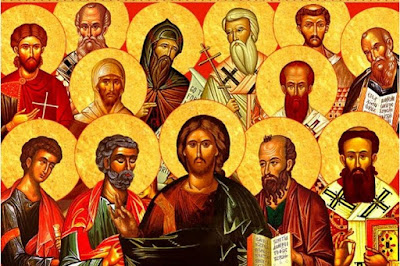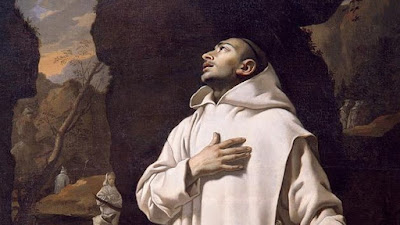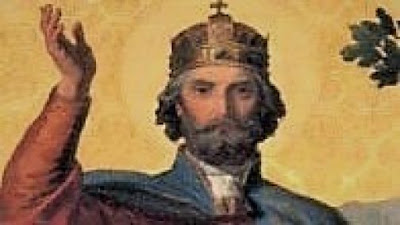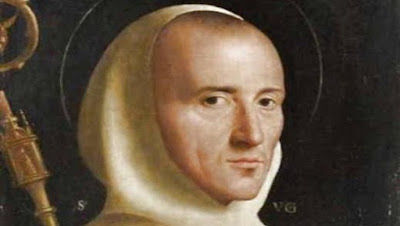Solemnity of All Saints [All Saints' Day] 2019

Today the Church celebrates all the saints, canonized and beatified, as well as those known only to God who are in heaven enjoying the beatific vision. During the early centuries the saints venerated by the Church were all martyrs. Later Popes set November 1st as the day for remembering the saints' holy example. The Commemoration of All Saints was first celebrated in the Eastern Church. The feast was initially observed in the West starting in the 8th century. The Roman Martyrology mentions that the current date was first promulgated by Gregory IV (827-844) and that he extended this observance to the whole of Christendom. It seems certain, however, that Pope Gregory III (731-741) preceded him in this. Meanwhile, in Rome, on May 13th, there was the annual commemoration of the consecration of the basilica of St. Maria ad Martyrs (or St. Mary and All Martyrs). This was the former Pantheon, the temple of Agrippa, dedicated to the gods of paganism, to which Boniface IV had translat


